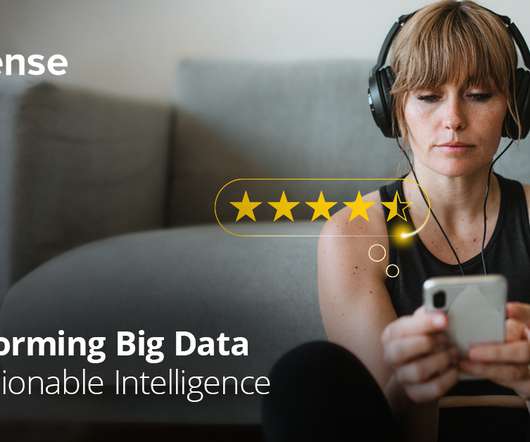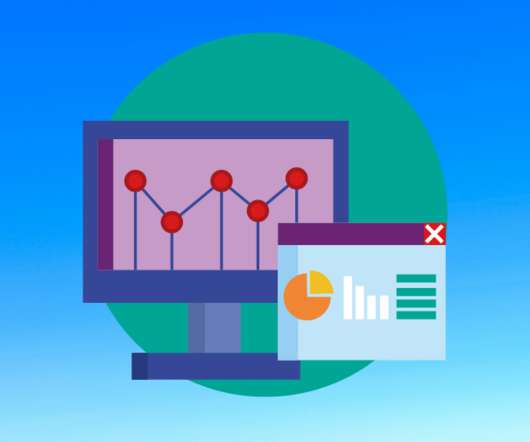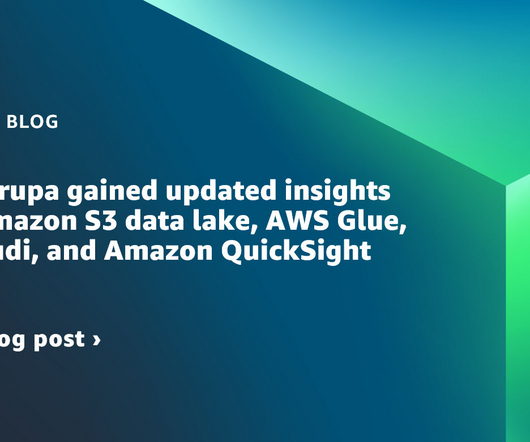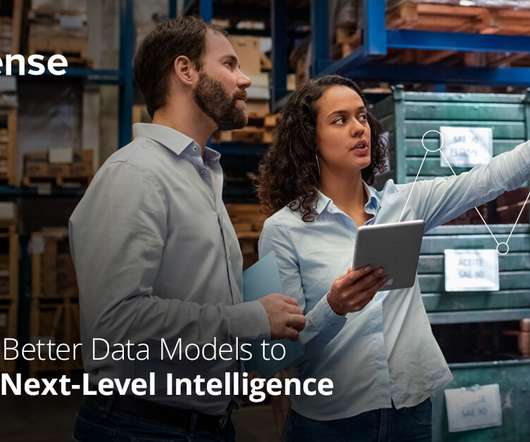Understanding Structured and Unstructured Data
Sisense
APRIL 26, 2020
Different types of information are more suited to being stored in a structured or unstructured format. Read on to explore more about structured vs unstructured data, why the difference between structured and unstructured data matters, and how cloud data warehouses deal with them both.





















Let's personalize your content